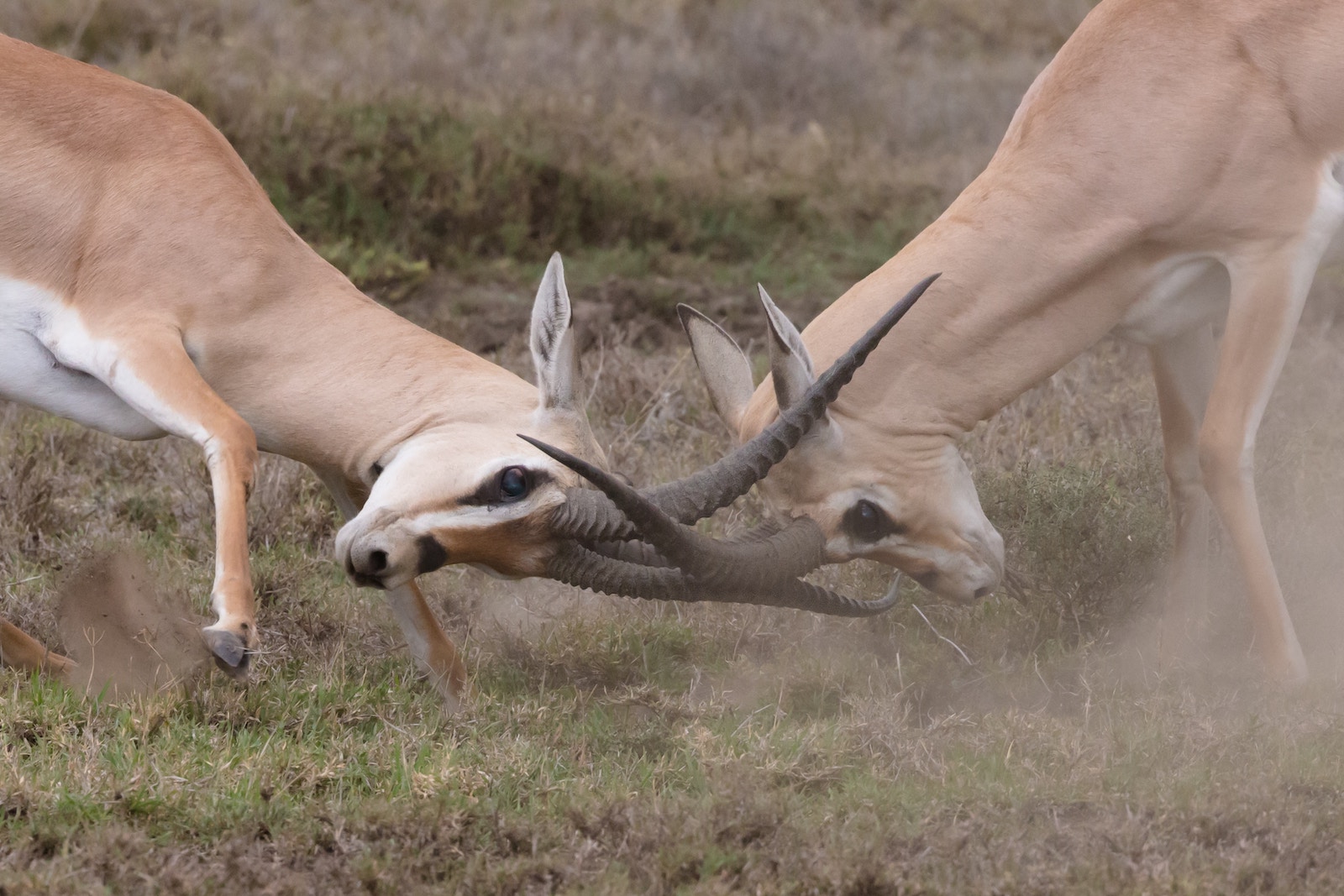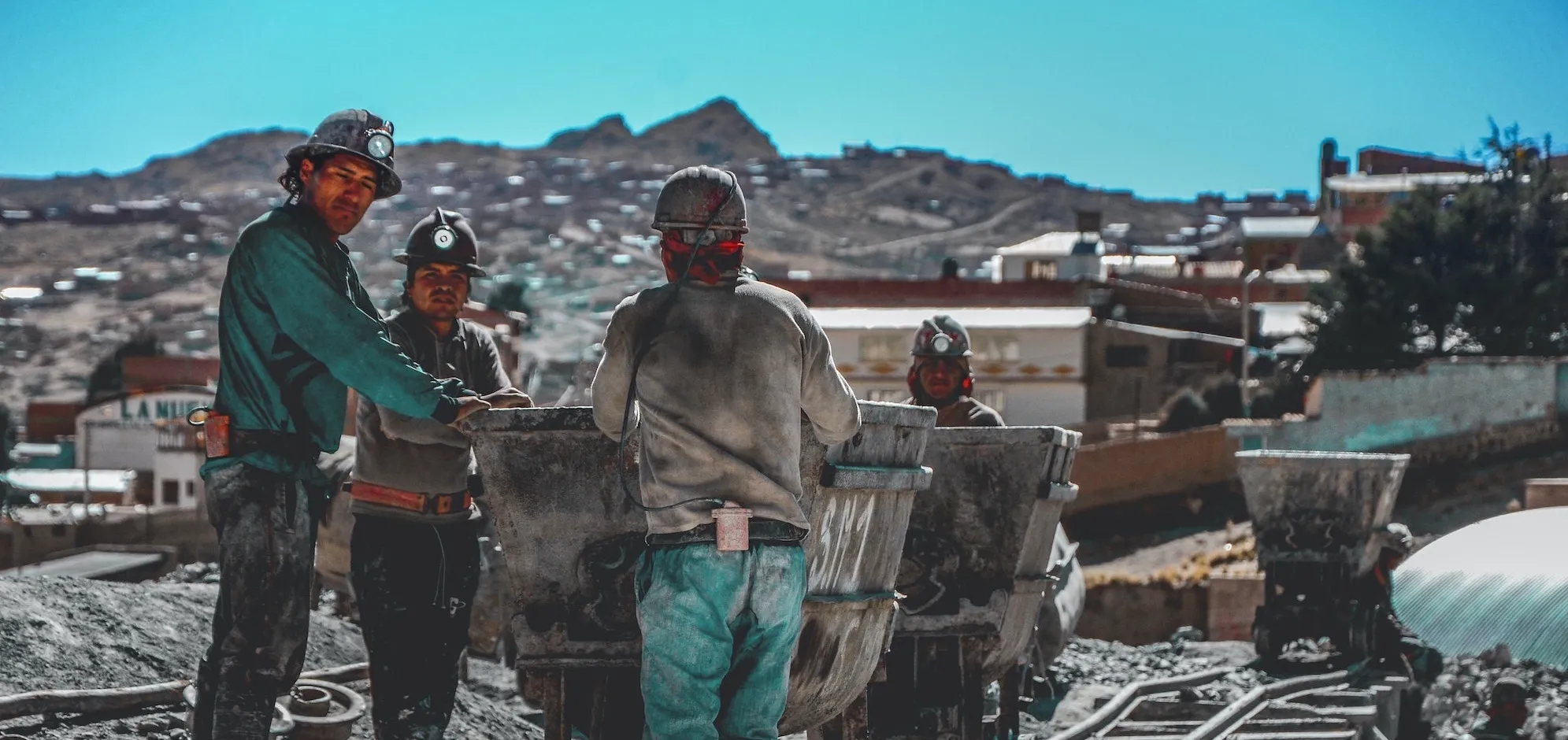In 1970 the staff at Irish high-street banks went on strike for six months. Ordinary punters found themselves unable to cash cheques or withdraw money, living as they did in those pre-ATM days where all transactions had to be performed in person.
So local pubs and shops stepped up to fill the need:
“Pub-goers would bring their salary payments into the pub and convert them into cash from the register, often hanging out for a few pints afterward. While nobody knew exactly when the strike was going to end, pub owners were generally optimistic and willing to trust that their regulars’ checks would be honored post-strike.”
The actions by pubs kept the economy afloat and saved countless local businesses. It was possible for them to play this role because they had many of the same qualities that a small-town bank would have, namely knowledge of their customers’ creditworthiness and strong social connections to enforce obligations:
“At this point, pubs were arbiters of actual loans. Pub owners also often had a reasonable idea of their patrons’ level of income, net worth, and reliability in paying bar tabs, putting them in what could be seen as an even better position than a bank lender to evaluate the overall risk profile of a borrower.”














